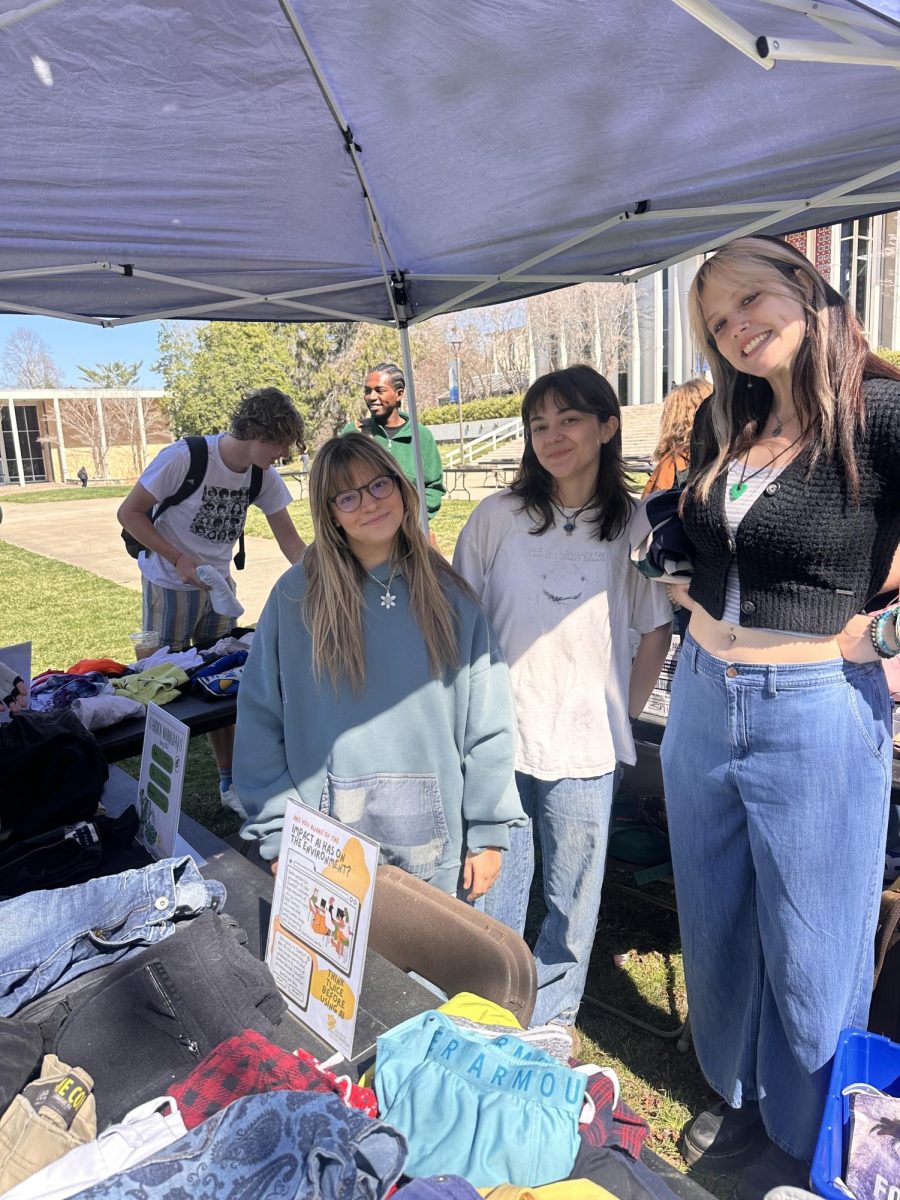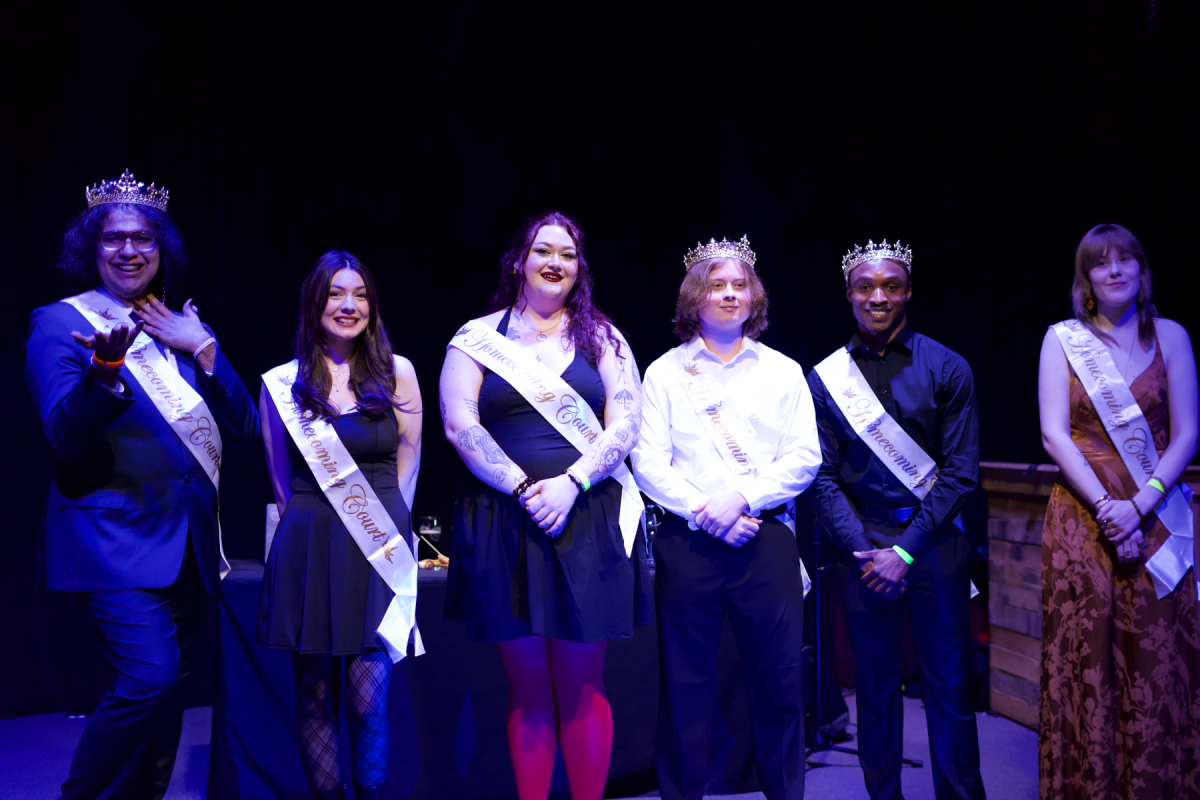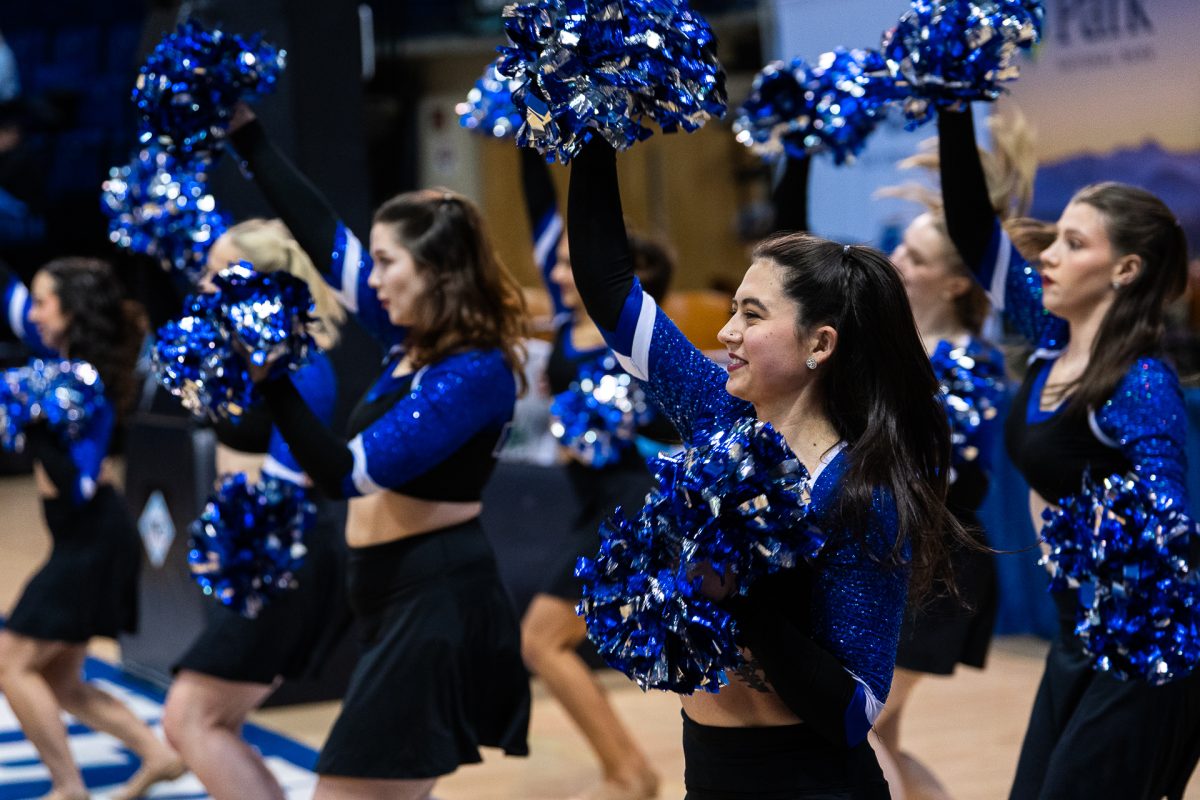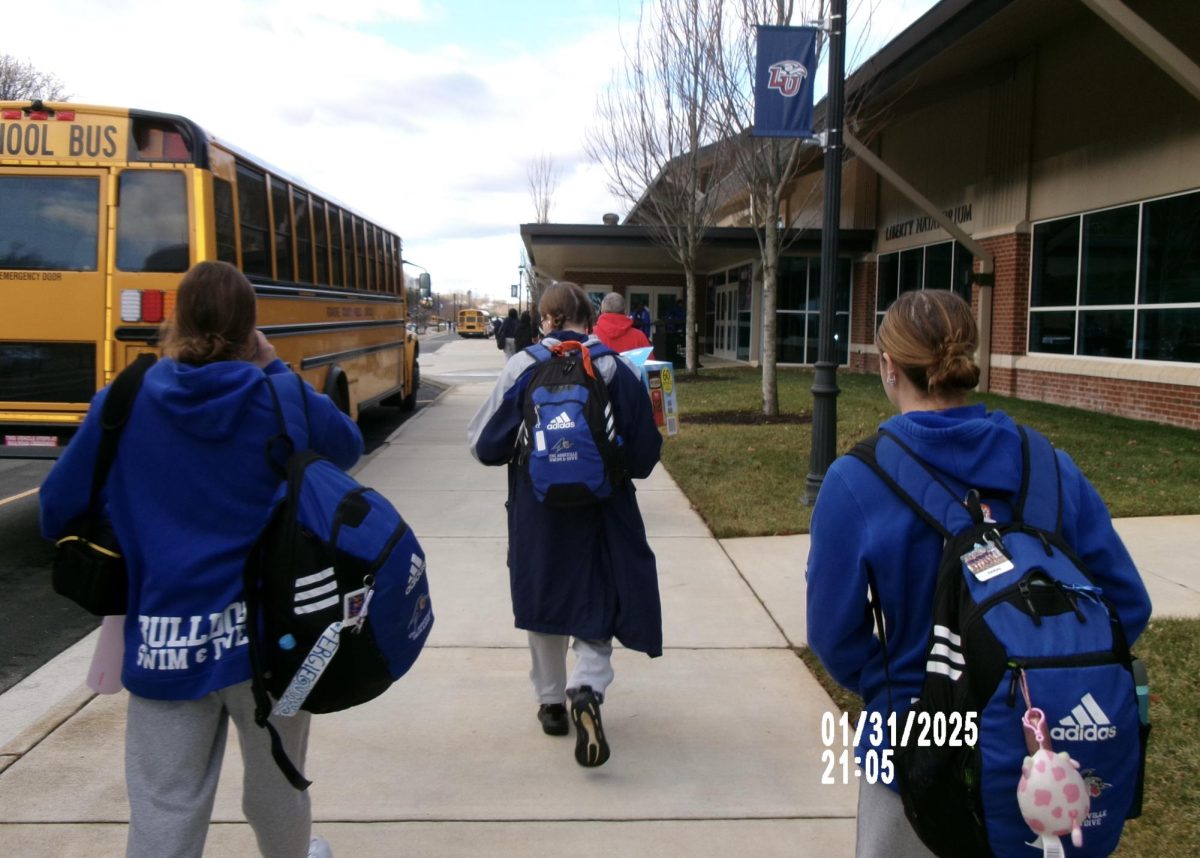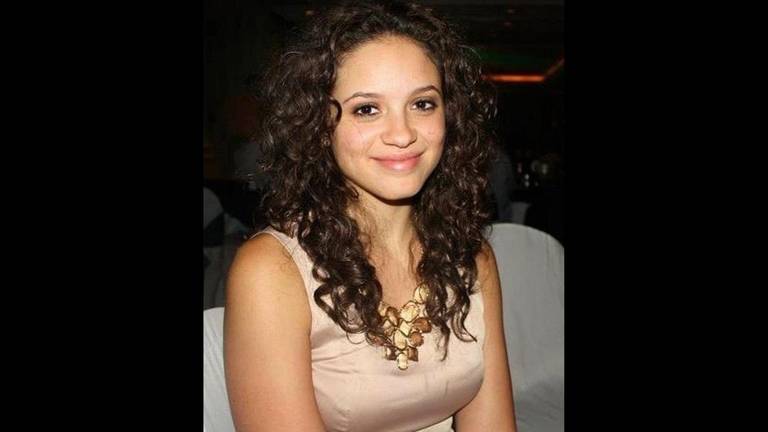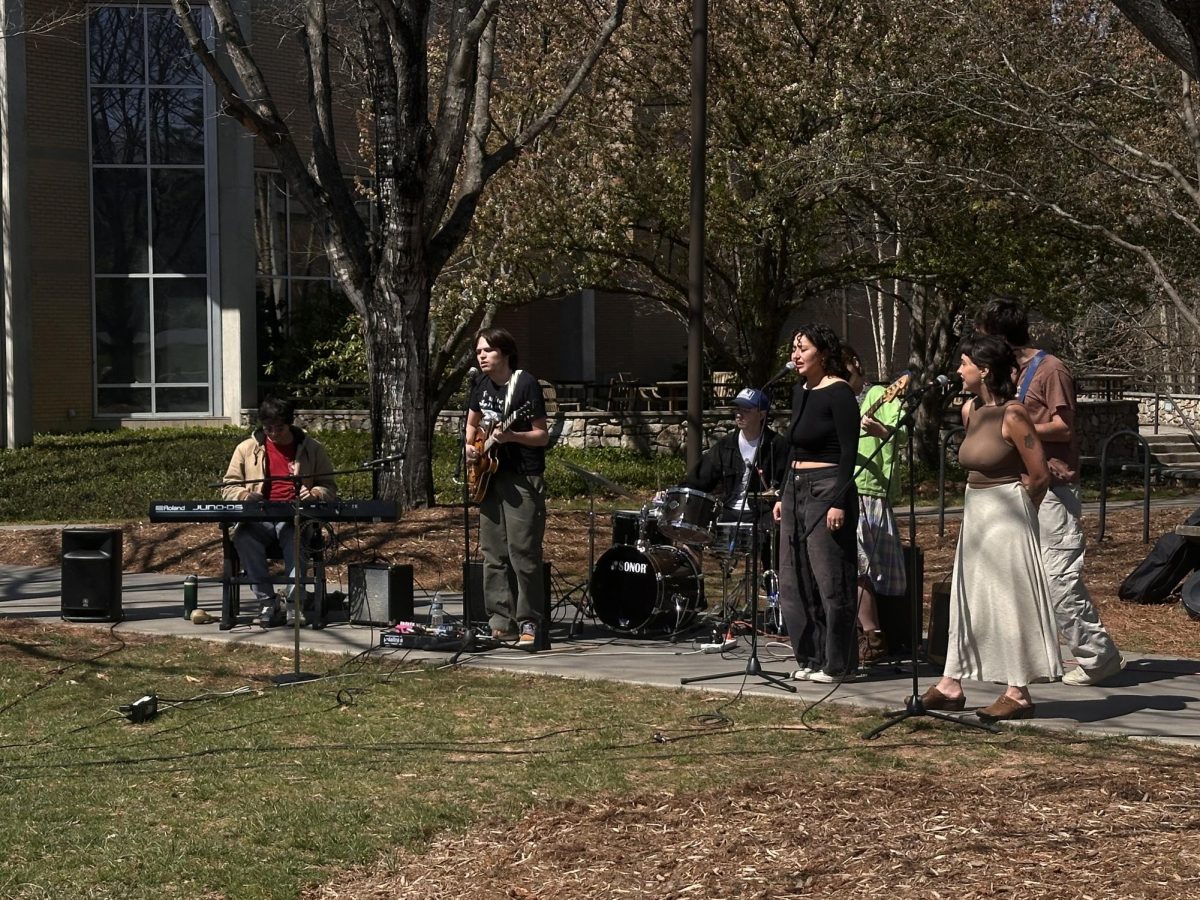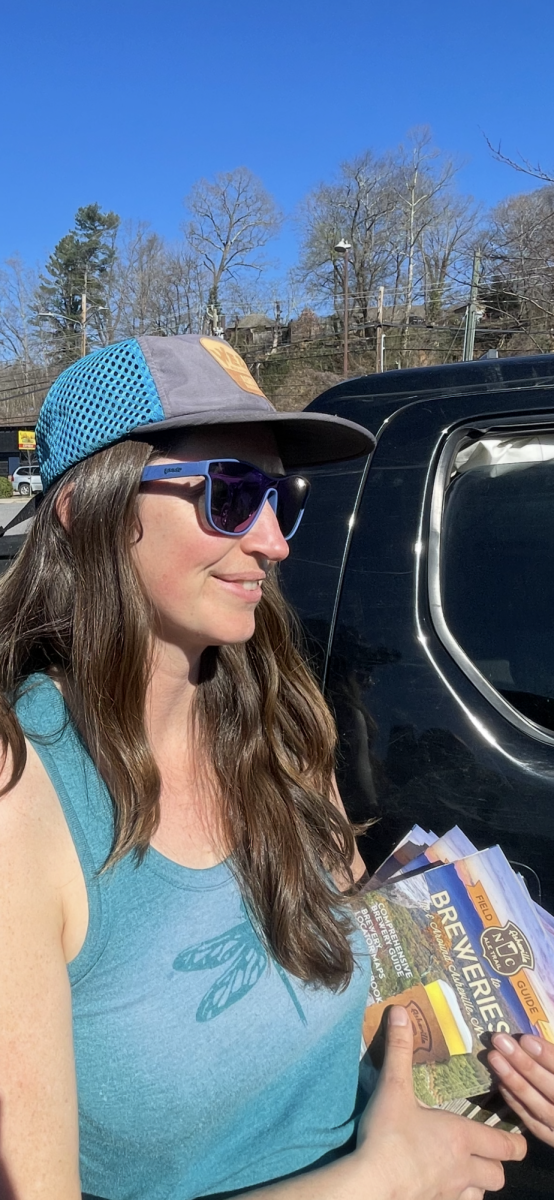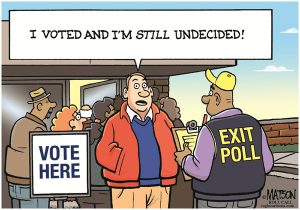
I’d like to get something off my chest that has been bugging me since transferring to UNC Asheville in August: I’m a registered Republican. Whew. OK, now that that’s out in the open, I feel a bit better.
I know what you’re thinking, too. You probably think that, because I’m labeled a Republican, I am against the rights of every person who isn’t a straight, white male.
Maybe I am generalizing the student body of UNCA, but in all honesty, the atmosphere of this school comes off as hostile toward anyone who isn’t fervently opposed to GMOs, doesn’t drive a Prius or demand to “Keep Asheville Weird.”
Maybe I’m just a regular old boring guy from a small town of about 11,000 other regular old boring people.
I am not saying my beliefs are stuck in the 19th century, though, either.
I support a woman’s right to choose what she does with her body, I am now definitely convinced Earth is going to kick us to the curb if we don’t treat it better and I’m coming around to the idea that a flat tax is not such a great idea.
On the other hand, I support a strong and capable military, and we must be willing to use it when circumstances call for it. I feel that President Obama should have done more than make empty threats when Russia invaded Ukraine.
Maybe I am biased because I have a lot of family members, including my sister, who have served in the armed forces. If it’s any indication of my patriotism, my sister, former Spc. Brooke Mallow, gave me a huge American flag that was once flown over Al Asad Air Base in Iraq that now hangs on the wall of my room.
I would consider myself moderately conservative but closer to a centrist.
Voting for a Republican candidate this year is out of the question, and if Hillary wins the Democratic nomination, I won’t be voting for that party’s candidate either.
Even before Donald Trump assumed front-runner position in the race for the GOP nomination, I didn’t agree with any of the Republican’s platforms.
Ted Cruz is strongly pro-life, opposes same-sex marriage, raising the minimum wage and for some reason rejects scientists’ findings that confirm climate change.
Marco Rubio, as affable as he may be, also denies human beings’ role in affecting climate change, opposes net neutrality, and, like Cruz, disagrees with same-sex civil unions. As of March 17, he is no longer in the race and plans to become a private citizen. Good.
John Kasich, besides sharing a first name with me, doesn’t have much going for him, either. Kasich seems to hate renewable energy, because in 2014, as governor of Ohio, he put a pause on that state’s program to cut energy consumption and source more than 10 percent of its energy from renewable sources.
Where do I start on Donald Trump? Even without knowing where he stands on current issues, quotes from his interviews are enough to turn me off him. On the daytime talk show The View, Trump said he would possibly date his daughter if she weren’t related to him. Check it out on YouTube; it’s disturbing. I think Joy Behar was apropos when she asked Trump if he was Woody Allen.
Politics and journalism are like dark liquor and beer; they don’t mix well.
I plan to work in the journalism profession once I graduate from UNCA. Maybe I’ll join a publication in the area if I get dealt some good cards. And because journalism requires objectivity, I will be re-registering as an Independent.
Although, after reading an article by former NPR columnist Alicia C. Shepard titled “Should Journalists Vote,” I will definitely be debating whether I should even vote at all. I’m probably sounding like Mr. Do-Good-Journalist, but the article presents a valid argument.
In Shepard’s article, she makes it clear that as a journalist, I give up some of the privileges that private citizens enjoy, chief among those being able to express support for a particular candidate, political party or even exercising my right to vote. This could impact my credibility and negatively affect my reputation as an objective reporter.
While I may feel apprehensive toward exposing my political leanings among friends and acquaintances, as a journalist first and foremost, I should really just keep my mouth shut about the whole thing.
Not only does holding political allegiance taint a journalist’s writing, it also influences a reader’s opinion of that journalist. The last thing I want is someone to discredit a heavily researched, well-written article because someone believes I am biased to one side of the political aisle or the other.
In 2005, it was reported by USA Today that Armstrong Williams, nationally-syndicated host of the television show The Right Side with Armstrong Williams, had received $240,000 from the Department of Education to promote President Bush’s No Child Left Behind Act.
It’s this kind of unethical behavior that I am trying to avoid and warn fellow journalists of.
Money is certainly a motivator and it’s enticing, but maybe in my naivety I am convinced that if my ethics are entrenched deeply enough in my conscience, I will ultimately come out on the right side of the dilemma.
So, really, being an ethical journalist is not so much about which political party we appear to support; we shouldn’t openly support any candidate. What really tests our mettle is how we handle situations in which any form of bias could compromise our integrity.
